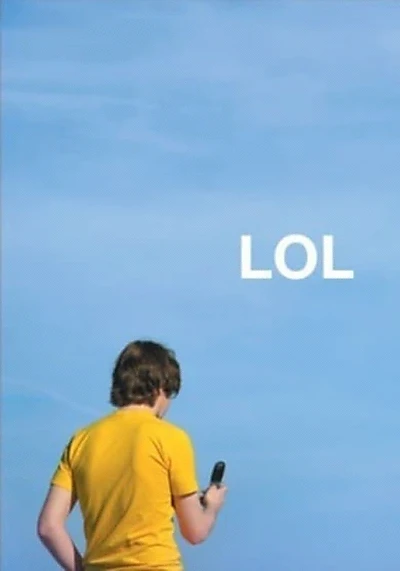Taking Tiger Mountain by Strategy (1970)
December 3, 1970Release Date
Taking Tiger Mountain by Strategy (1970)
December 3, 1970Release Date
Plot.
Where to Watch.
Cast & Crew.

Tong Xiangling
Yang Zirong

Shen Jinbo
Leader

Shi Zhenquan
Li, Yungchi

Qi Shufang
Chang, Bao

Zhang Youfu
Hunter Chang

Wang Mengyun
Mother Li

He Yonghua
Zuo Shandiao

Sun Zhengyang
Luan Ping
Media.
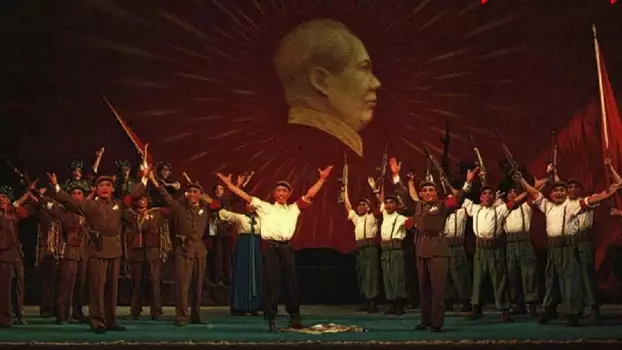

Details.
Release DateDecember 3, 1970
Original Name智取威虎山
StatusReleased
Running Time2h 9m
Genres
Last updated:
Wiki.
Taking Tiger Mountain by Strategy (Chinese: 智取威虎山; pinyin: Zhìqǔ Wēihǔ Shān) is a Chinese film from 1970, during the height of the Cultural Revolution. The film was directed by Xie Tieli and was based on a contemporary Beijing opera, one of the eight model plays allowed during the Cultural Revolution. The story is based on the novel Lin hai xue yuan (林海雪原), and tells the story of an incident in 1946, during the Chinese Civil War.
Taking Tiger Mountain by Strategy has been identified as one of the most watched films of all time. Official Chinese government statistics claimed a total audience of 7.3 billion through the end of 1974, meaning every citizen of China had seen the film at least seven times. The large audience can be attributed to the fact that few films were produced during the Cultural Revolution, and almost all earlier films were banned; nevertheless, the average village held ten film showings per year, and failure to attend could have been seen as a sign of political deviation. Hence, Chinese citizens would have been expected to see the film multiple times during the Cultural Revolution era.
You May Also Like.
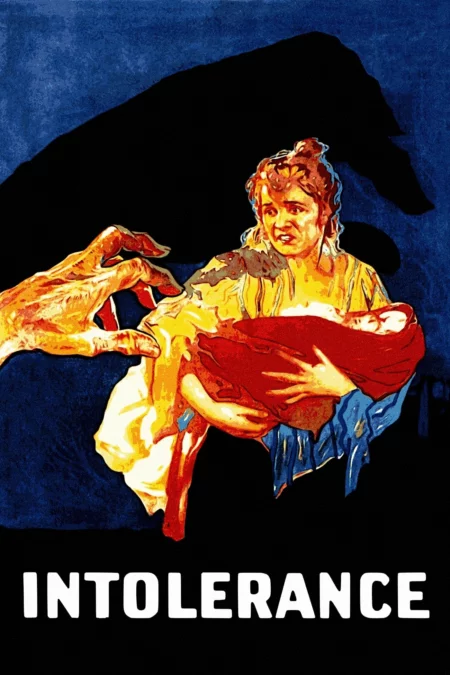
Intolerance: Love's Struggle Throughout the Ages (1916)

Leprechaun 2 (1994)

Mystery Train (1989)

The Brood (1979)

Broadcast News (1987)

Everyone Says I Love You (1996)

White Heat (1949)

If There Be Thorns (2015)

2-Headed Shark Attack (2012)
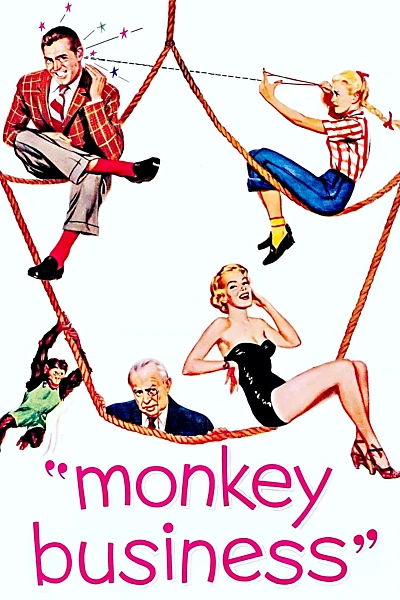
Monkey Business (1952)

Tanguy (2001)

Uncle Boonmee Who Can Recall His Past Lives (2010)

The Cheetah Girls: One World (2008)

Benny's Video (1992)
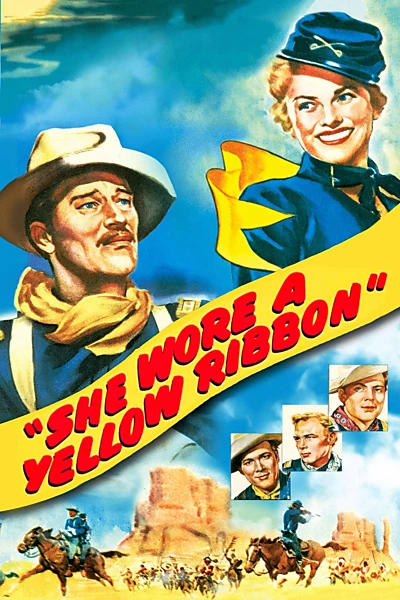
She Wore a Yellow Ribbon (1949)

Ernest Saves Christmas (1988)

LOL (Laughing Out Loud) (2009)

Love on the Run (1979)

The Comics (1990)
